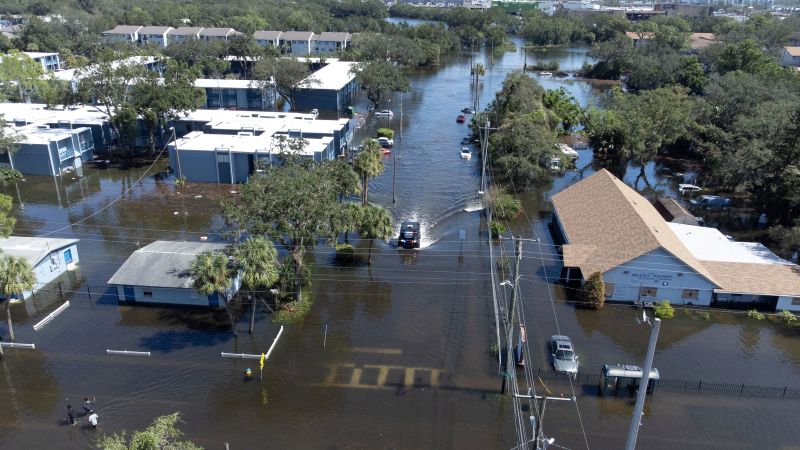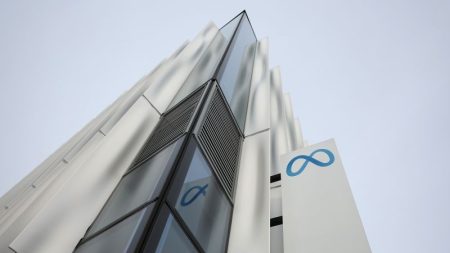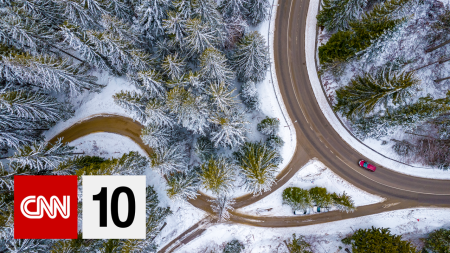The content discusses the concerning trend of social media influencers staying in unsafe evacuation zones during Hurricane Milton in Florida in order to create content. Some influencers even used the attention from their decision to promote their own books or engage with their audience. This behavior was observed on platforms like Instagram and TikTok, where creators documented their experiences waiting out the storm in their apartments or homes. The dangerous trend raised questions about the impact of social media on exacerbating dangerous situations and spreading false information during natural disasters.
While some influencers cited concerns about gas shortages and traffic during evacuations as reasons for staying in unsafe areas, the overall trend highlighted how social media can make dangerous situations worse. The content shared by creators often flouted official safety guidance and perpetuated false claims about weather manipulation and hurricane aid. This behavior not only put influencers at risk but also potentially endangered emergency first responders who may need to assist them in the event of an emergency.
The phenomenon of influencers risking their safety for content reflects the darker side of social media, where algorithms promote inflammatory and divisive content to drive user engagement. Creators may feel pressured to create content that caters to these algorithms in order to grow their following and earn revenue. Despite platforms like TikTok taking measures to label and restrict content that encourages dangerous behavior, the incentives for creators to engage in risky actions for views and likes remain strong.
The content also raises questions about the ethics and motivations behind sharing traumatic events on social media for monetization. While there is value in providing real-time, on-the-ground footage of natural disasters for educational purposes, the line between informative content and exploitative content can become blurred. Influencers operate within a system that rewards them for creating engaging content, but they must also consider the larger impact of their actions on both their audience and the broader community affected by the disaster.
Ultimately, the behavior of influencers during Hurricane Milton serves as a stark reminder of the power and influence of social media in shaping public perceptions and behaviors during crises. As social media continues to play a key role in how people access information and engage with current events, it is important for creators to be mindful of their impact and consider the ethical implications of their content. By promoting responsible and informative content, influencers can contribute to a safer and more informed online environment for their followers and the wider community.















